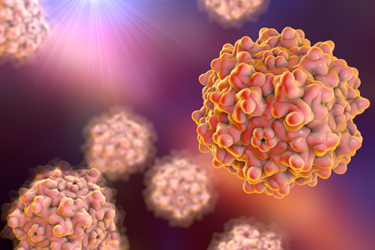AAV Empty/Full Ratio Assessment Using The Octet® AAVX Biosensors

For in vivo gene delivery, adeno-associated virus (AAV) is a leading modality. Full capsids carrying the gene payload deliver therapies to targeted cells. However, empty capsids can reduce the efficacy of the therapy, making it essential to detect them during various stages of AAV production. Limitations with traditional methods for assessing the Empty/Full (E/F) ratio include low throughput, time constraints, or being limited to purified samples. Additionally, methods that measure viral DNA release and total capsid count, such as dPCR/ELISA, often require extensive optimization. Therefore, there is a pressing need for a high-throughput method that can reliably analyze crude AAV samples.
Here, a rapid, high-throughput method for determining the E/F ratio using the Octet® BLI platform with Octet® AAVX Biosensors is presented. This technique is well-suited for screening both crude and purified AAV samples across upstream and downstream stages of AAV development and production. It measures intact viral capsids, eliminating the difficulties of extracting and measuring viral DNA. The method takes advantage ofleverages the Octet® AAVX biosensors' high precision and reproducibility, and involves saturating the biosensor surface with equal amounts of AAV particles to normalize capsid titer between samples. This enables the determination of the E/F ratio with a single measurement, avoiding the compounded errors inherent in methods that rely on two separate measurements for capsid titer and DNA content.
Get unlimited access to:
Enter your credentials below to log in. Not yet a member of Drug Discovery Online? Subscribe today.
